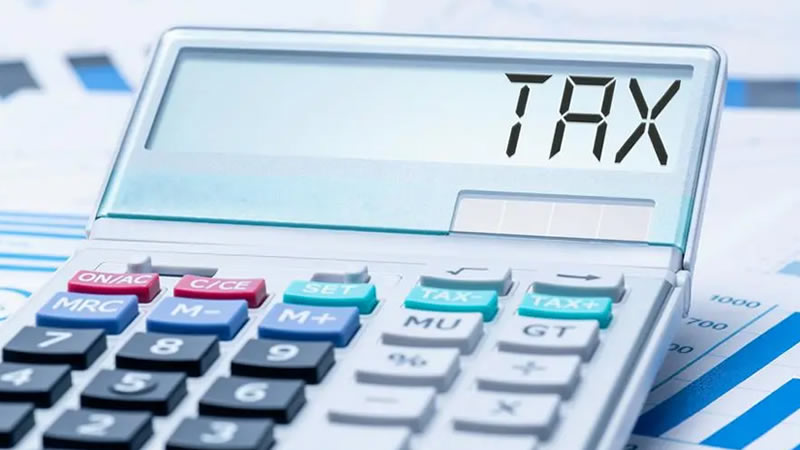
Starting from June 1, 2023, the United Arab Emirates (UAE) will implement a federal tax on corporations and business profits for the financial year. This new tax regulation was announced last year and will apply to companies with a profit of Dh375,000 and above, requiring them to register for tax. With a rate of just nine percent, the UAE’s corporate tax will be one of the lowest in the world, offering significant benefits to businesses operating in the country.
The corporate tax, also known as corporate income tax or business profit tax, is a direct tax imposed on the net income of corporations and other businesses. In this case, the tax will be levied at a headline rate of nine percent on taxable income exceeding Dh375,000. It’s important to note that this rate is comparatively low when compared to the rates in other countries, some of which have levied up to 30 percent corporate tax.
The introduction of the corporate tax is aimed at accelerating the country’s development and transformation. By establishing a competitive tax regime that adheres to international standards and providing an extensive network of double tax treaties, the UAE aims to solidify its position as a leading jurisdiction for business and investment.
The corporate tax applies to several categories of entities. These include UAE companies and other juridical persons incorporated or effectively managed and controlled within the UAE, natural persons (individuals) engaged in business or business activity in the UAE as specified in a Cabinet Decision, and non-resident juridical persons (foreign legal entities) with a permanent establishment in the UAE.
However, certain entities are exempted from the corporate tax. Government and government-controlled entities, extractive businesses and non-extractive natural resources businesses, quality public benefit entities, public or private pension and social security funds, qualifying investment funds, and businesses undergoing liquidation or termination are among the exempted entities. Personal income earned from employment, investments, and real estate without licensing requirements, as well as certain other types of income, are also exempt. Freelancers’ income up to Dh1 million is exempted as well.
Regarding expenses, legitimate business expenses incurred exclusively to derive taxable income will be deductible. The timing of the deduction may vary for different types of expenses and accounting methods applied. For capital assets, depreciation or amortization deductions over the economic life of the asset or benefit would be recognized.
In terms of filing obligations, taxable persons, including those in free zones, are required to register for corporate tax and obtain a registration number. They must file a tax return for each tax period within nine months from the end of the relevant period. The same deadline applies for the payment of any corporate tax due in respect of the tax period.
It’s worth noting that some aspects of the new tax law may require further explanation and clarification. Therefore, it is advisable for companies and individuals to consult with tax experts to ensure compliance and gain a comprehensive understanding of their obligations.
In conclusion, the implementation of UAE’s corporate tax represents a significant milestone in the country’s economic development. With a low tax rate and a commitment to international standards, the UAE aims to attract and retain businesses, bolstering its position as a global business hub.




